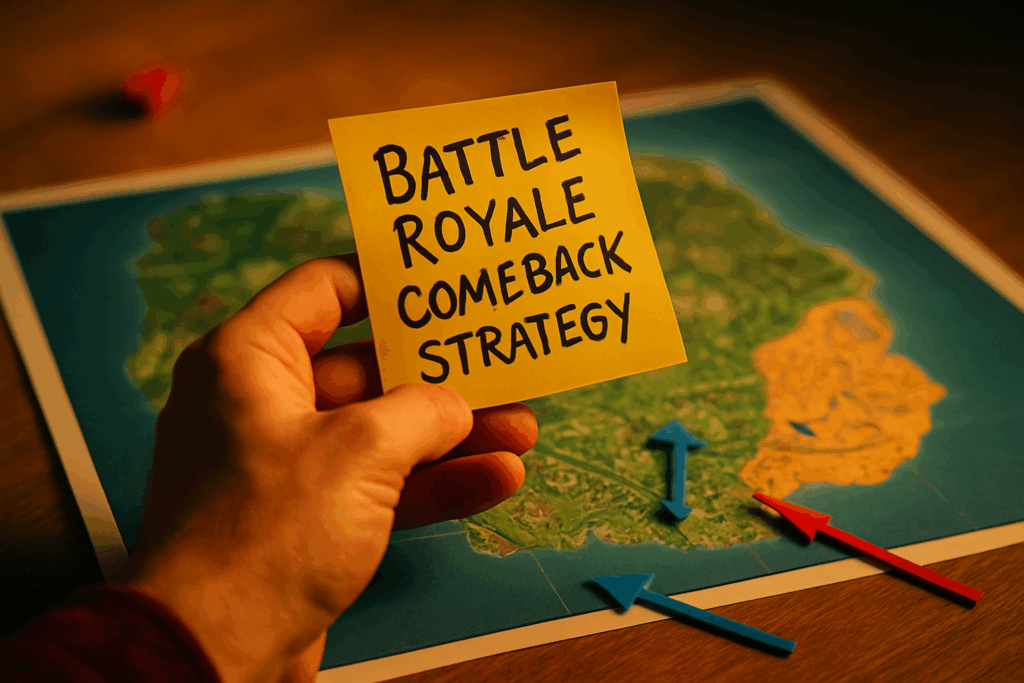How Gaming Can Be Beneficial Gamrawresports: The Concrete Advantages
1. Cognitive Acceleration
Fast games—shooters, strategy, platformers—push reaction, focus, and spatial memory. Research shows regular play improves pattern recognition, shortterm memory, and ability to multitask under pressure. Players log higher scores on tests of working memory, handeye coordination, and even reasoning.
Hesitate and lose; routines here sharpen your mind for everything else.
2. Problem Solving and RealTime DecisionMaking
Every game session is scenario training: rules shift, risks shift, payoffs change. Gamers learn to adapt plans midfight—a skill essential in business, crisis, or fastmoving teams. Decision speed and confidence build with every session.
How gaming can be beneficial gamrawresports: The decision skills carry beyond the screen.
3. Social Training and Community
Gamers now organize in global online communities—practice leadership, feedback, and negotiation. Team games (esports, MOBAs, shooters) demand tight mic discipline and rolebased execution. Friendships and support networks form and endure—routine and shared goals cement social bonds.
No sport delivers worldwide, skillfocused teams as fast as gaming.
4. Emotional Resilience
Loss is frequent, stakes are real—even in solo play. Bouncing back from defeat, adapting tactics, and moving past frustration are practiced every hour. Longterm players show greater grit in other learning, work, or health settings.
Resilience is trained, not taught—and gaming is the sparring ground.
5. Strategic and Creative Thinking
Sandbox, simulation, and builder games require layered planning: resource, logistics, and innovation. Custom content, mods, and creative play (Minecraft, modded RPGs) foster both design sense and systems thinking.
How gaming can be beneficial gamrawresports: It’s a builder’s workshop for strategic minds.
6. Physical Activity and Health Routines
Motiontracking games (Ring Fit, VR rhythm, Just Dance) deliver measurable calorie burn, flexibility, and cardio. Even non“active” titles can reinforce scheduled play, force movement or posture resets, and introduce microexercises between sets.
Gamers with discipline build (and follow) dedicated gaming fitness routines.
7. Learning and Language Gains
Games rooted in history, logic, or foreign languages—RPGs, puzzles, readingheavy adventures—accelerate learning. Players routinely engage with global communities; language practice is constant, informal, and highfrequency.
Modern players master communication fast and for real contexts.
Maximizing the Gains
Play to skill, not just impulse; rotate genres to avoid plateau. Use scheduled sessions; timebox fun to focus, test peak performance, and avoid fatigue. Form or join teams for regular feedback and higherlevel play. Reflect—what did you learn? One lesson per week multiplies the return from every session.
How gaming can be beneficial gamrawresports: Use play as drill, log, and review—not “just play more.”
Security, Health, and Safety
Set time and spending limits; schedule physical and mental cooldowns. Keep devices updated, accounts locked down, and never overshare info online. Prioritize ergonomics: chair, screen height, hand/wrist health, and regular hydration breaks.
Healthy play is the discipline that lets the other benefits compound.
Pitfalls and What to Avoid
Binge sessions or play without breaks: fatigue erases gains and adds risk. Ignoring toxic or negative communities: curate teams and servers. Skipping sleep or movement for “just one more match.”
Discipline, not just intent, creates sustainable benefit.
For Parents and Teachers
Join kids in play—learn the skill, then set limits and log gains together. Encourage reflective play: “What did you learn? What’s your plan next session?” Use gaming as a tool for teamwork, social learning, and resilience training.
Community and Career Skills
Organized play, modding, streaming, and community management build realworld skills—leadership, scheduling, technical troubleshooting. Esports now teaches fitness, sponsorship, contract negotiation, and event planning. Resume and networking: top players showcase teamwork and communication evidence, not just anecdote.
Weekly Routine to Multiply Benefits
Plan active and passive gaming blocks; rotate difficult with comfort play. Review biggest skill learned, new friend made, or tactic tried. Analyze a pro stream or tournament for skill insight. Rest and log—log one improvement per week, three per month, review regularly.
Routine turns fun into a powerhouse for growth.
Conclusion
Gaming, built on discipline, is more than play—it’s a resultsdriven practice for learning, teamwork, and adaptability. The facts behind how gaming can be beneficial gamrawresports are routine, not random: play, log, review, rest, and repeat. Cut hype and habit; invest in sharp, scheduled play and reap gains across mind, skill, and life. Consistency and process are the unbeatable “hacks.” Outlearn, outlast, and make gaming serve your goals, inside the game and out.



